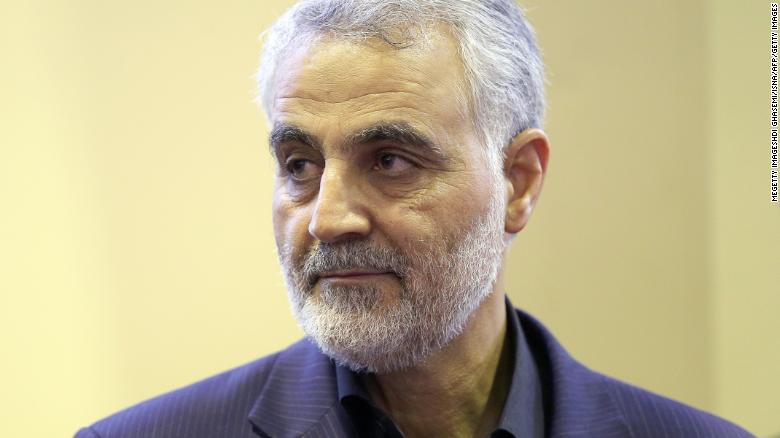There are still many unanswered questions about the evidence of "imminent and sinister attacks" against Americans that led the US to kill General Qasem Soleimani few week past. Republican senators, Mike Lee and Rand Paul, joined Democrats complaining about the Trump administration's briefing to Congress. Lee called it: "The worst briefing I've seen -- at least on a military issue -- in my nine years."
Congress also wants to know whether Soleimani was targeting four US embassies before he was killed, as Trump told Fox News on Friday. It will also seek to find out if the US's aim was broader. On the same day the US killed Soleimani in Baghdad, it tried unsuccessfully to kill another senior Iranian military official in Yemen.
In the meantime, the latest USA Today poll since these hostilities started, say Americans do not feel safer since Iran's top general was killed.
The poll found that 55% of Americans say the killing of Soleimani makes the US less safe, while 57% oppose the threat of US airstrikes on Iran's cultural sites and 53% support Congress limiting Trump's ability to order military strikes. Elsewhere, anti-Americanism has soared around the world since Trump took office, according to new Pew research published Wednesday.
The US's European and NATO allies do not support Trump's latest strikes on Iran, nor pulling out of the Iran nuclear deal. It's notable that Germany's Angela Merkel went to Moscow Saturday to visit Russian President Vladimir Putin to try to defuse the current crisis. She did not go to Washington.
So, is the crisis between Iran and the US over? No, it is not.
President Donald Trump has announced a new raft of sanctions against Iran. He said in his address Wednesday that, "the US will immediately impose additional punishing economic sanctions ... these powerful sanctions will remain until Iran changes its behavior. In recent months alone, Iran has seized ships in international waters, fired an unprovoked strike on Saudi Arabia and shot down two American drones."



.JPG)
